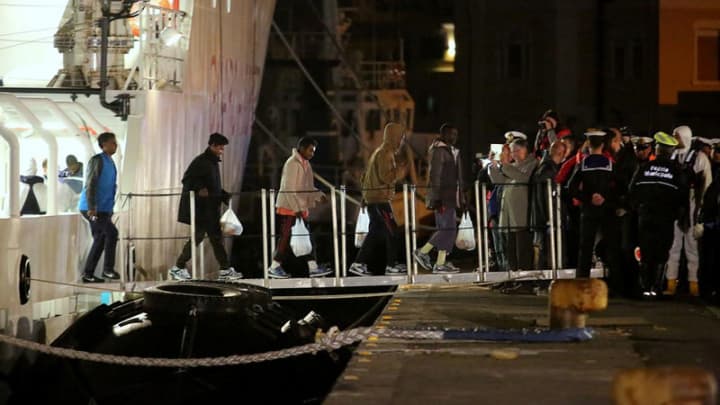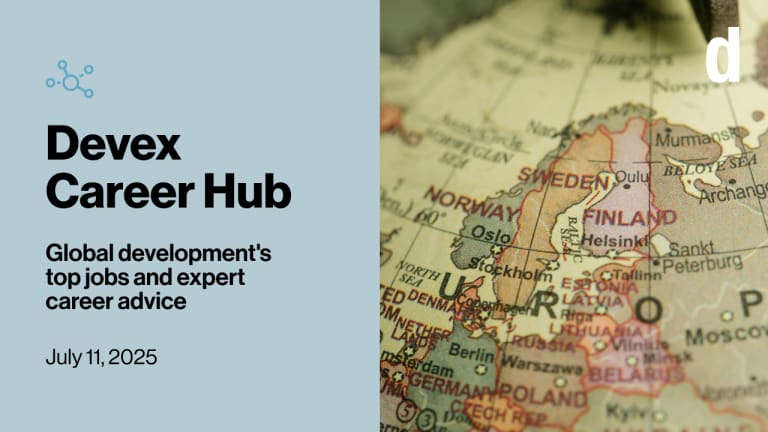
The European Commission outlined last week a new policy on migration, proposing to take in and distribute around Europe 20,000 refugees in 2015 and 2016. The announcement came a few weeks after hundreds of people fleeing violence and poverty in Africa and the Middle East died while crossing the Mediterranean Sea.
European leaders pledged to take action in the past month, but the plans are “more of a face-saving measure for European political leaders than anything that’s going to make a substantive difference,” Kevin Watkins, executive director of Overseas Development Institute, told Devex correspondent Gabriella Jóźwiak.
For Watkins, the issue lies in how migration is perceived — as a problem, instead of an opportunity. This, he said, is one area where the international development community can make a difference, by increasing pressure on political leaders and opinion formers.
“The development community has got into this unfortunate habit of treating the movement of people as a development failure,” Watkins said. “It’s a source of growth, innovation and opportunity and in an interconnected world it can be a fantastic force for reducing disparities between countries.”
Watkins’ opinion reflects economic studies on immigration, said one Devex reader, who also noted the prevailing myths about developments in Africa, which focus on past and current problems, rather than the reducing rates of population growth, increasing economic growth and the decreased number of long-lasting conflicts.
Many agreed with Watkins’ view about the lack of coordination among European countries to resettle refugees.
“Coordination involves a chain of transcontinental stakeholders to be consulted before any humanitarian budget for any single-handed operation may ever work,” wrote reader Taoufik Choukri. “It's business as usual, when today’s challenges require a radical attitudinal change to the methodology for solving eminent catastrophic issues and tragedies our planet and its creatures are undergoing. Sinking in the Mediterranean is just one of them!”
What is missing in the current debate, said reader Matthias Boehning, is elaborating further the potential benefits for host countries.
Germany, for instance, has a program finding qualified workers in industries, but inflexibilities in the migration policy prevent people who come into the country voluntarily or involuntarily from being employed — even if they have skills and competencies that are much needed by the economy.
“We know from studies that the migrants to Europe are not (by far) the poorest but well-educated (or at least trained), mostly young people … We are squandering resources,” Boehning wrote.
Reader Saripalli Suryanarayana noted that the United Kingdom “has more interest in island countries all over world, where the countries are attractive tourist spots and well-spent economies with plenty of foreign money accumulations.” He then asked: “Why not risk and develop more neighboring countries to stop influx of population from Africa and elsewhere?”
What can Europe do better to address migration? Share your views using the comment section below.
Read more international development news online, and subscribe to The Development Newswire to receive the latest from the world’s leading donors and decision-makers — emailed to you FREE every business day.




